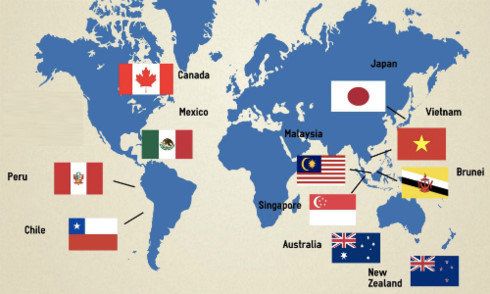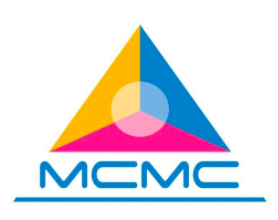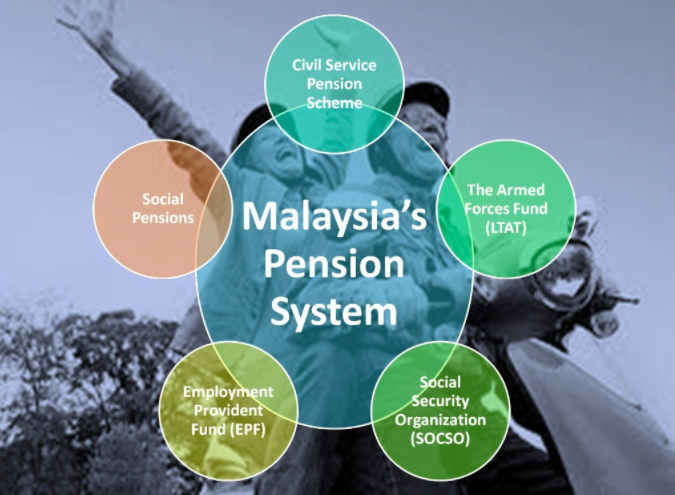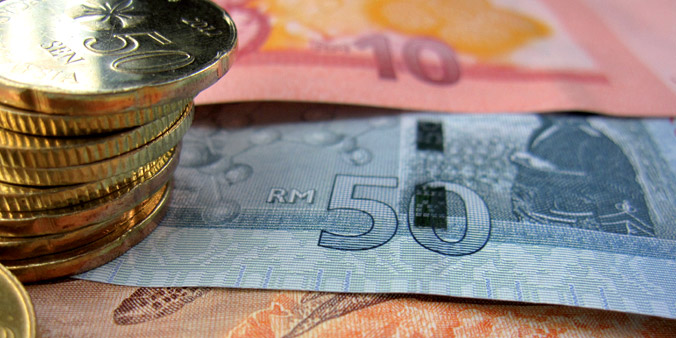All You Need To Know About The New Version Of TPP And How It Affects Malaysia
The revised Pacific trade deal is now called CPTPP.
On 20 February, the final version of the revised Pacific trade deal, called the Comprehensive and Progressive Agreement for Trans-Pacific Partnership (CPTPP) was released
After US withdrew from the deal, the 11 remaining nations (TPP-11), led by Japan, finalised the deal back in January. It is expected to be signed in Chile on 8 March.
The remaining countries are Australia, Brunei, Canada, Chile, Japan, Malaysia, Mexico, New Zealand, Peru, Singapore, and Vietnam.
Over 20 US-backed provisions have been either suspended or changed in the final text of CPTPP, including the controversial rules to increase intellectual property protection for pharmaceuticals.
New Zealand's Trade Minister David Parker said CPTPP will likely be enforced by the end of 2018 or first half of 2019, and its government have been touting the economic benefits of the deal.
1. Customs duties of local-made goods are to be eliminated over the next 16 years
According to Article 2.4.2 of CPTPP, Malaysia has to eliminate its customs duties for originating goods in stages, and all customs duties should be removed by 1 January in the 16th year of CPTPP's enforcement.
2. State-owned entities may be required to prioritise purchasing goods and services from certain local enterprises, but not use more than 40% of their annual budget in doing so
State-owned entities can be required by the government to give preferential treatment to some local enterprises when buying goods and services, namely:
- Bumiputera enterprises
- Enterprises in Sabah and Sarawak
- Small and medium enterprises.
Nonetheless, three entities are exempted from the 40% rule: Majlis Amanah Rakyat (MARA), Unit Peneraju Agenda Bumiputera (TERAJU), and Ekuiti Nasional Berhad (EKUINAS).
3. Government reserves the right to adopt or maintain measures related to mediation and Syariah law in terms of trading with either another CPTPP member or non-member
In reference to Articles 9 and 10 of the deal, the Malaysian government reserves its right to adopt or maintain Syariah-compliant measures in areas of investments, performance requirements, appointment of senior management or board of directors, preference in service suppliers, and their establishment of local presence.
4. Government reserves the right to review imported products to ensure their "consistency with Malaysia's decency standards"
The government can still review books, magazines, periodicals or newspapers, works of art and films imported into Malaysia.
However, the government is required to conduct such reviews in an "objective, transparent and impartial manner, and consistent... with Article 2.3 (National Treatment) and the Communications and Multimedia Act 1998 [Act 588]".
5. Government can still adopt and maintain measures to the development of its pension system
However, those measures will "cease to be applicable" three years after CPTPP is enforced.
6. Government can grant advantages to development financial institutions
Development financial institutions are defined as institutions that carry out activities with the purpose of promoting development.
The institutions listed under this provision are:
- Bank Pembangunan Malaysia Berhad
- Bank Perusahaan Kecil dan Sederhana Malaysia Berhad
- Export-Import Bank of Malaysia Berhad
- Bank Kerjasama Rakyat Malaysia
- Bank Simpanan Nasional
- Bank Pertanian Malaysia Berhad
- Malaysian Industrial Development Finance Berhad
- Credit Guarantee Corporation Berhad
- Lembaga Tabung Haji
- Sabah Development Bank Berhad
- Sabah Credit Corporation
- Borneo Development Corporation (Sabah) Sdn. Bhd.
- Borneo Development Corporation (Sarawak) Sdn. Bhd.
- Danajamin Nasional Berhad
- Cagamas Berhad.
7. Felda Global Ventures Berhad can grant preferential treatment to its members or settlers when buying goods
The company may prioritise its members or settlers who are participants in Federal Land Development Authority development schemes for purchases of goods.




